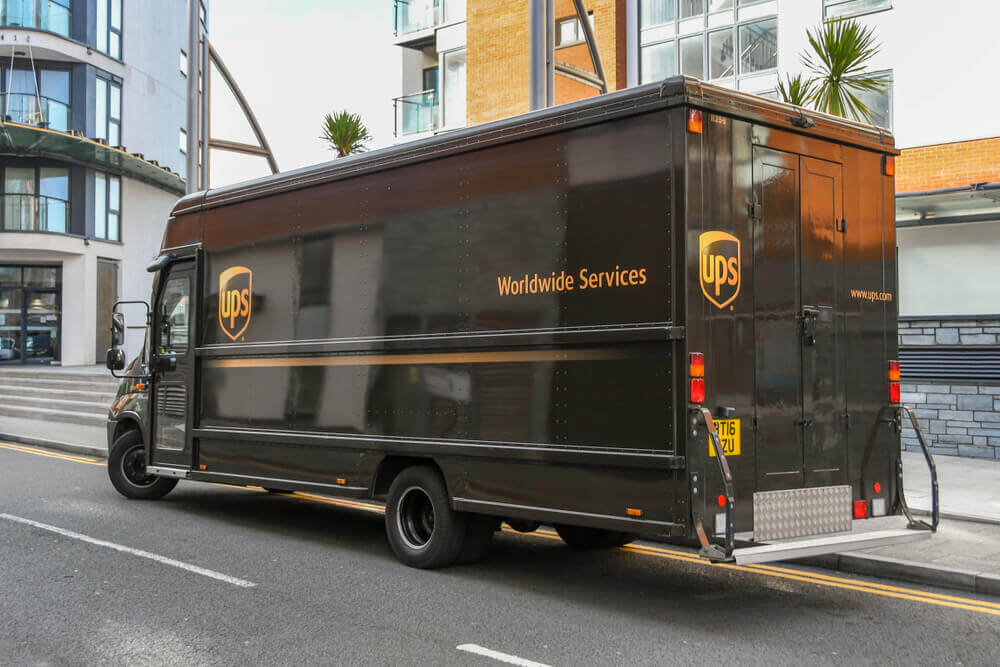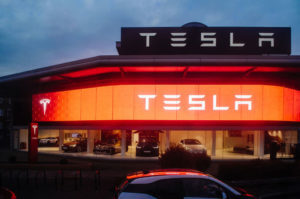On Friday, United Parcel Service said it would experiment with a four-wheeled “eQuad” electric cargo bike for deliveries.
UPS, one of the world’s largest shipping couriers, explained that these bicycles have better and more accessible access.
Correspondingly, the company will use the vehicles for dispatch in densely packed urban areas.
The tryout will examine around 100 bikes designed and built by British firm Fernhay. Then, the package delivery giant will launch trials in seven European markets.
At the same time, it will also carry out tests in the United States and Asia.
UPS’ eQuad operates through an electric-assisted top speed of around 25.00 kilometers. Pedaling harder means faster movement and could haul up to 200.00 kilograms of packages.
Then, its electric battery has a range of around 64.00 km, which would be adequate for urban routes.
Moreover, the vehicle is only 36.00 inches wide. Thus, it could use bike lanes and enter pedestrian zones that UPS vans and trucks cannot access.
Under normal circumstances, drivers would need to get out of their vehicles, load packages, and haul them to customers.
Overall, the Atlanta-based company sees an opportunity to scale up the use of the bikes in megacities. This venture would complement its range of vans and trucks.
This move also aligns with the public commitments of delivery companies to cut their carbon footprints.
Accordingly, logistics businesses seek new ways to reduce the cost of last-mile transportation amid soaring e-commerce orders.
For instance, rivals FedEx and Deutsche Post unit DHL try out electric cargo bikes. These trials are part of their own zero-emission vehicle plans.
Furthermore, UPS is working with EV makers like UK startups Arrival and Tevva and US truck manufacturer Xos.
UPS expands Google Cloud deal
Earlier this week, UPS announced an expansion of its 2019 deal with Alphabet Inc.’s Google Cloud. The partnerships came as the logistics company rolled out new data initiatives.
The delivery giant will receive higher network, storage, and computing capacity in the expanded deal. However, the companies declined to comment on the size of the increase.
Subsequently, it will continue to use Google’s artificial intelligence and machine-learning tools. UPS anticipated incoming data to surge with the introduction of initiatives.
For instance, it plans to put radio-frequency identification chips on packages, providing more detailed data about locations.
Eventually, the agreement with Google reflects the significant digital transformation of UPS.
The coronavirus pandemic and the rise in e-commerce have spurred logistics companies to seek more detailed delivery data.











